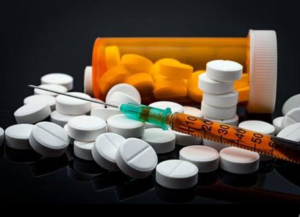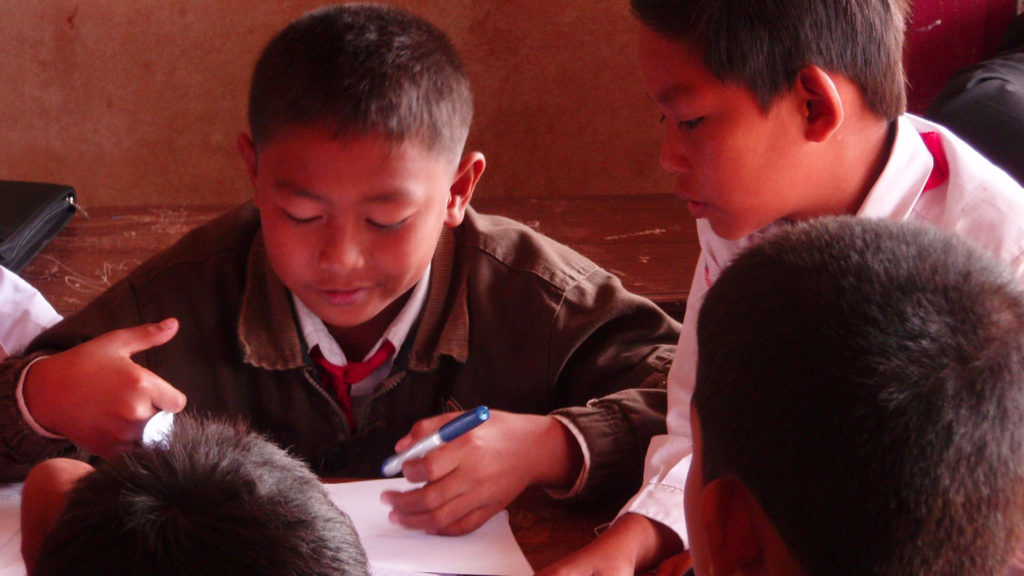DRUG ABUSE

According to Environmental and Public Health Journal in December 2018, drug abuse refers to the use of drugs to treat self-diagnosed disorders or symptoms, and the continued use of a prescribed drug for chronic or recurrent disease or symptoms. It is “the taking of drugs, herbs or home remedies on one’s own initiative, or on the advice of another person, without consulting a medical expert. Also, according to Dr. Ananya Mandal, drug abuse or substance abuse refers to the use of certain chemicals for the purpose of creating pleasurable effects on the brain.
Medical Life Sciences reports that there are over 190 million drug users around the world and the problem has been increasing at alarming rates, especially among young adults under the age of 30. Apart from the long term damage to the body drug abuse causes, drug addicts who use needles are at risk of contracting HIV and hepatitis B and C. Not only does this affect the drug abuser directly, the family members and the society at large are affected negatively in one way or another.
Drug abuse in regards to the usage of antibiotics is reported as being highly prevalent and common in developing nations in Africa, according to World Health Organisation, which can pose a risk to the abuser. Another drug that is constantly abused is Paracetamol and Vitamin C tablet. Research has it that the excessive use of Paracetamol causes the inflammation of the liver and weakens the immune system, and high doses of Vitamin C can cause neurological symptoms, such as tingling and numbness, and possibly permanent nerve damage.
It is essential to consult a medical expert before treating any form of illness. Centre for Family Health Initiative continues to sensitize people especially in rural communities to the dangers ascribed to drug abuse on their health.
Monday Health Burst is an initiative of Centre for Family Health Initiative (CFHI) to tackle issues of basic health concerns. Join us every Monday for more health related articles on all our social media platforms.

